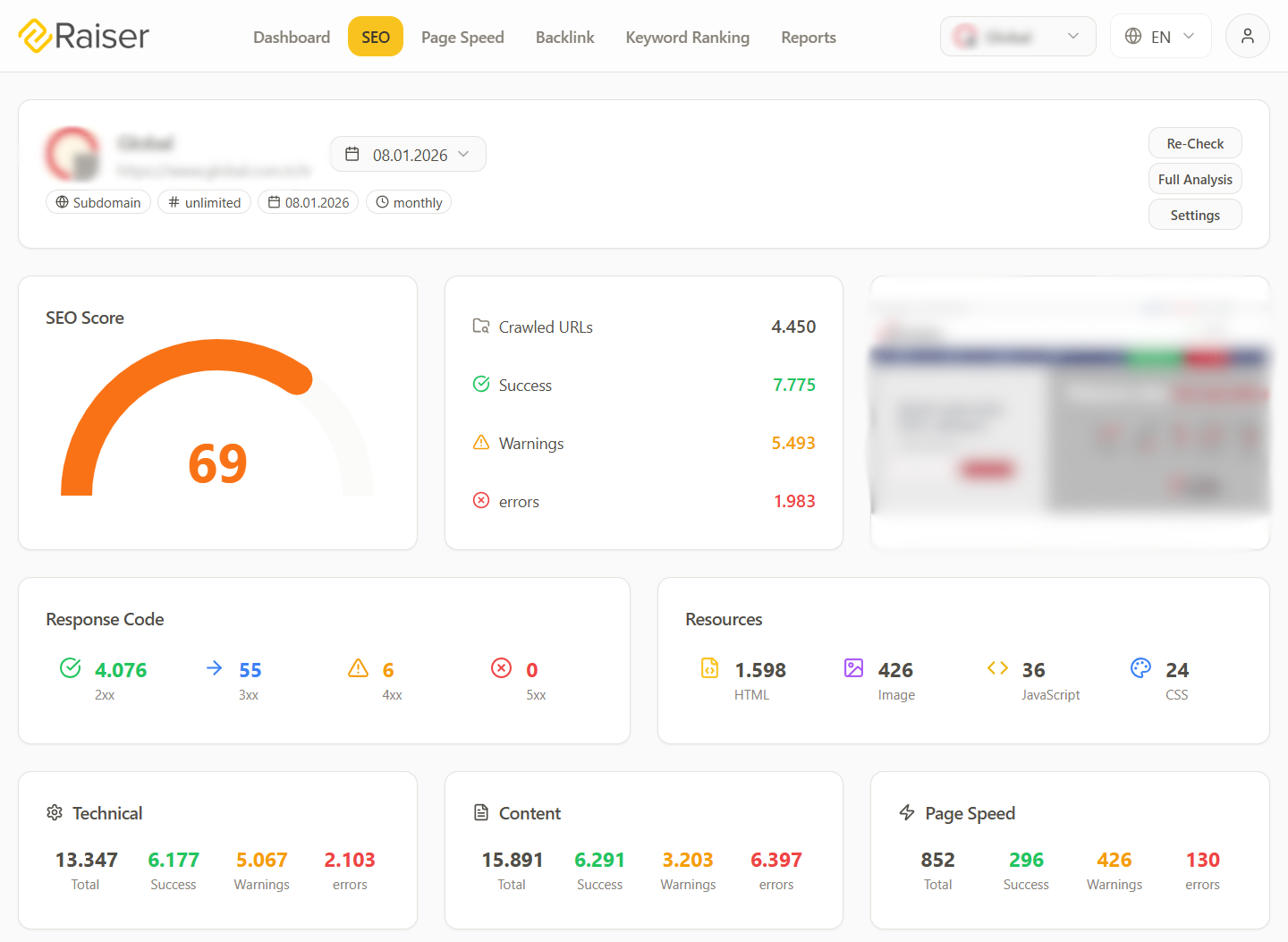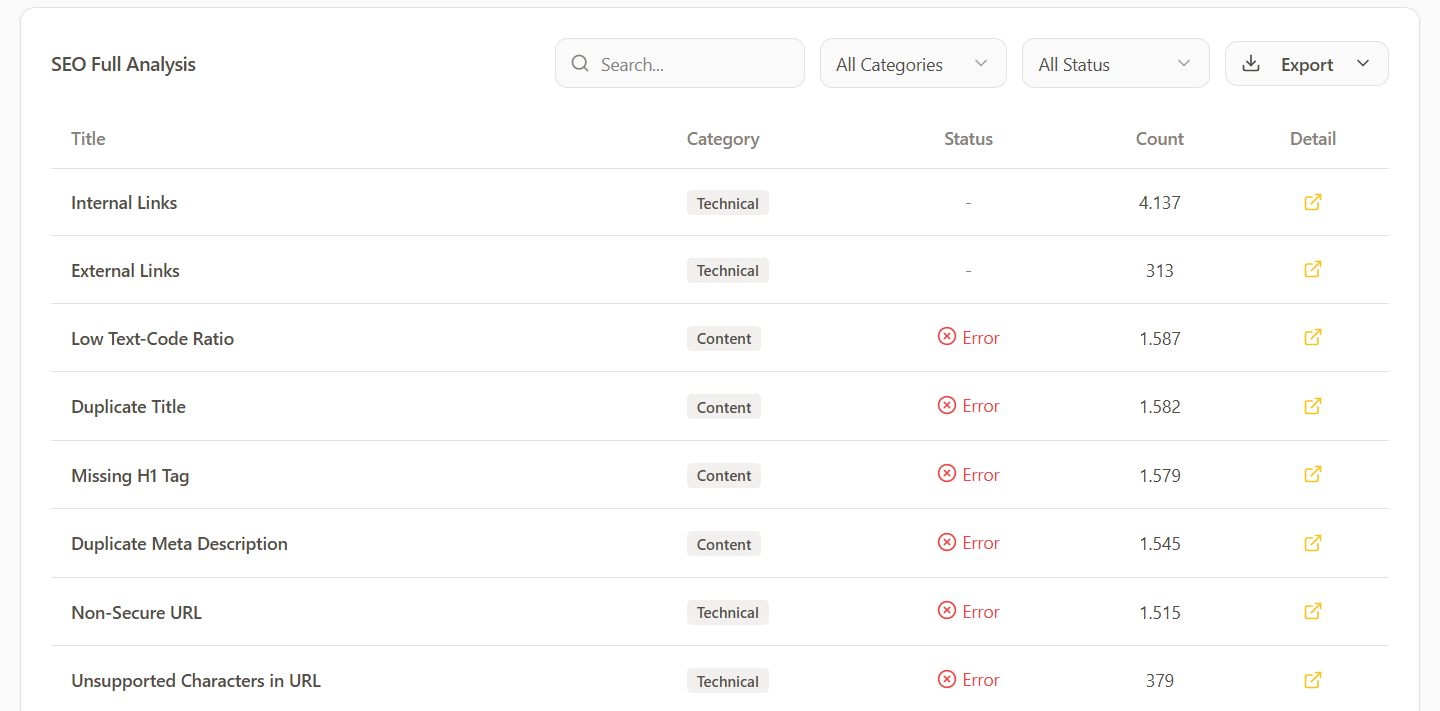WordPress is one of the most popular website platforms in the world—and it’s known for being relatively SEO-friendly right out of the box. But simply launching a WordPress site isn’t enough to rank well in search engines. To truly compete, you need to apply a structured SEO strategy that covers everything from site speed and mobile usability to optimized content and metadata.
This guide will walk you through the essentials of WordPress SEO, helping you build a solid foundation for long-term search visibility and growth. Whether you’re running a personal blog, an e-commerce site, or a business website, these practices will help your content get found—and trusted—by the right audience.

What is WordPress SEO?
WordPress SEO refers to the practice of optimizing a WordPress-based website to perform better in search engine results. It involves customizing the platform’s built-in features, installing and configuring SEO plugins, improving site speed and structure, and aligning content with keyword strategies and search intent.
Because WordPress powers a large percentage of the web, it has a strong ecosystem of SEO tools, themes, and best practices tailored to help websites rank more effectively. In short, WordPress SEO is about making sure your site is both technically sound and content-rich, so that it can be easily understood and valued by search engines and users alike.
Why SEO Matters for WordPress Sites
- Organic search is a major traffic source – Most websites receive the bulk of their traffic from search engines.
- A well-optimized WordPress site ranks faster and more consistently – You can gain an edge by combining technical readiness with valuable content.
- SEO drives long-term growth – Unlike paid ads, organic traffic continues without ongoing cost.
Whether you’re managing a blog, business site, or online store, WordPress SEO helps you reach more people, answer more queries, and grow your site authority over time.

References










Case Studies

+ 468%
organic impressions
+ 376%
sessions – non brand
+ 2.804
word first page

+ 597%
organic impressions
+ 488%
sessions – non brand
+ 4.230
word first page

+ 211%
organic impressions
+ 271%
sessions – non brand
+ 176
word first page

+ 654%
organic impressions
+ 410%
sessions – non brand
+ 4.837
word first page
Testimonials

Raiser completely changed the way we approach SEO and lead generation. What once seemed too complex and technical became manageable thanks to its user-friendly interface and powerful tools. We were able to analyze our site, fix issues, and implement targeted SEO improvements on our own. As a result, not only did our traffic grow, but the quality and quantity of our inbound leads increased significantly.
Rabia K.
Workinton

As an e-commerce brand, we struggled to understand why our website wasn’t performing for SEO. Raiser quickly highlighted key SEO issues and gave us clear, actionable steps. With improved site structure, faster load times, and smarter content optimization, we saw higher rankings, more qualified traffic, and a real boost in sales. Raiser didn’t just fix problems—it gave us the confidence to grow.
Ugur C.
Pazarium

Managing a global corporate website comes with the challenge of addressing different regional needs. Raiser helped us implement location-specific SEO improvements and content strategies that actually made a difference. From identifying regional keyword opportunities to optimizing pages per market, we gained both visibility and relevance in key local search results—without complicating our global structure.
Erdinc D.
Franke Turkiye

Using Raiser SEO solutions, we were able to get our digital marketing operations in order. Understanding clearly what needs to be done for improvement with in-depth analysis and seeing the results of our work with regular, detailed reports helped us immensely in speeding up our website, making it more user-friendly, and getting better rankings in Google.
Hanno A.
Briisk

